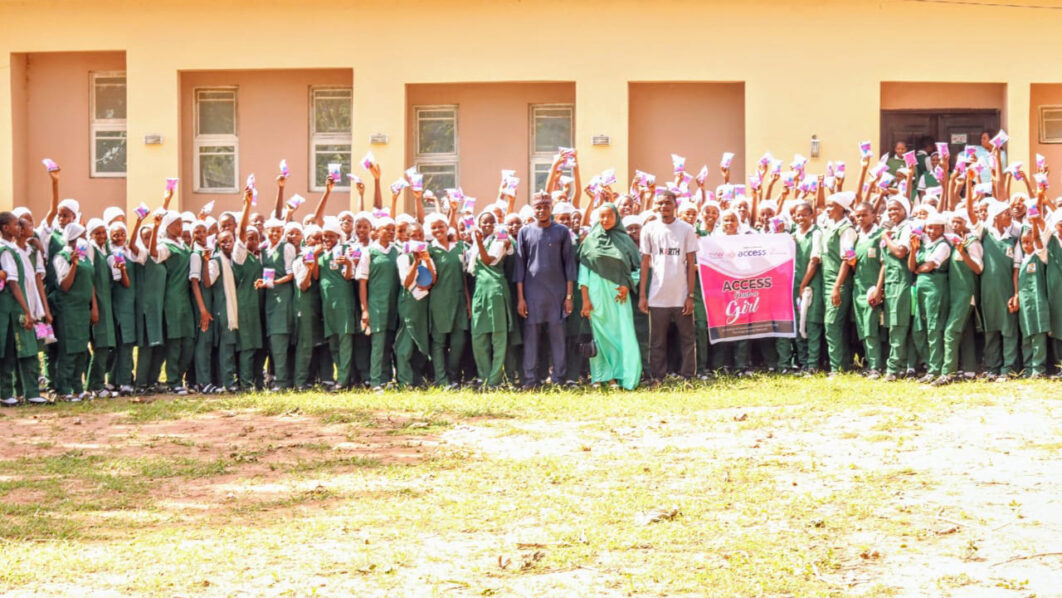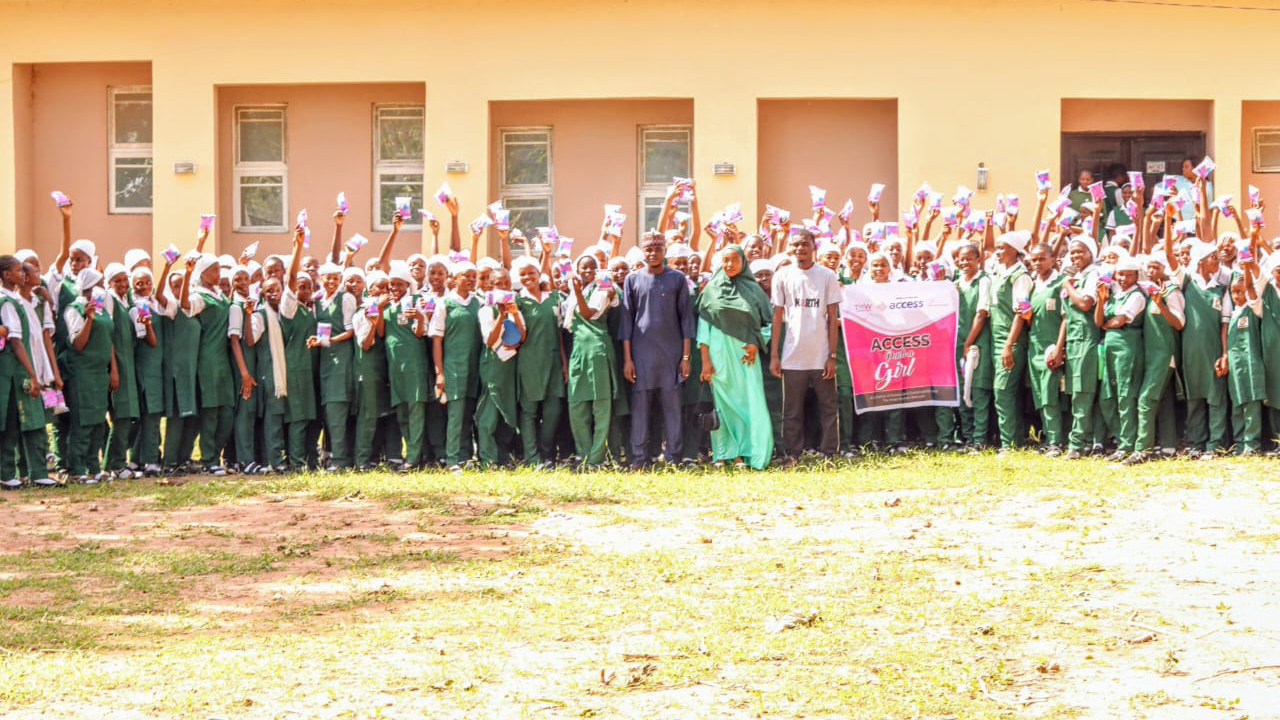
The United Nations has said that period poverty is one of the leading causes of gender discrimination, girl-child marriage, and illness among young girls. This reflects lack of access to menstrual products, hygiene facilities, waste management, and education as at least 800 million people menstruate daily.
[ad]
To this end, The Made Woman Network in a bid to restore the dignity of the girl child has distributed 10, 000 packs of reuseable pads to young women and girls in Lagos, Benue and Zamafara states.
Under the project, Access Pads a Girl, sponsored by Access Bank, Sustainability Department, it is targeted at educating girls and young women on menstrual hygiene, simple care for their sanitary pads and to reduce the prevalence of girl-child marriage, period poverty, unwanted pregnancy mostly leading to premature births or high mortality rates.
According to the founder, The Made Woman Network and Mobaby Care Nigeria, Maryam Adebola-Salami, the project spans across the six geopolitical zones and is in its 7th edition. For her, “in many rural communities in Nigeria, young girls have little or no access to sanitary pads and this affects not just their convenience and self-esteem but also health and education.
“For most of these girls, menstruation is a dream-killer because they never get to attend school during menstruation, while others who cannot afford a good menstrual pad rely on old rags, socks, paper, tissue and leaves as alternatives, with detrimental health challenges or sometimes leading to sexual abuse and/or early child marriage and/or pregnancy.”
The initiative’s major goal is to reduce period poverty by educating, training, and providing period hygiene kits for girls and women across Africa. This is done through period education, and distribution of biodegradable reusable pads. “We have curated a biodegradable ‘reusable pad’ in various heavy and easy flows to accommodate menstrual conditions. The Reusable pad also comes with a naturally scented wet bag that allows users to make appropriate changes on the go.” Adebola-Salami added.
[ad]



